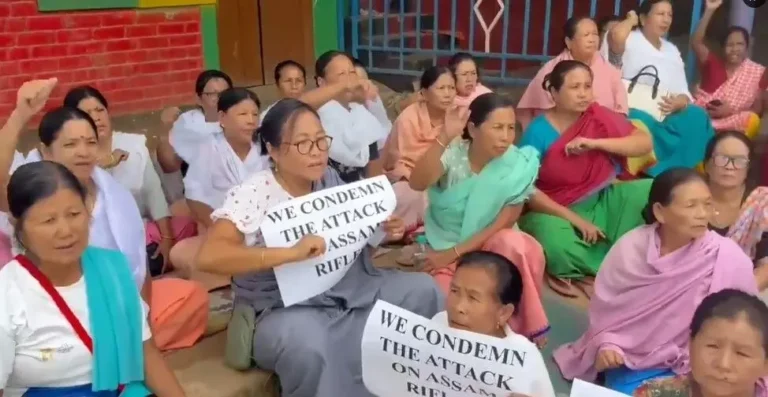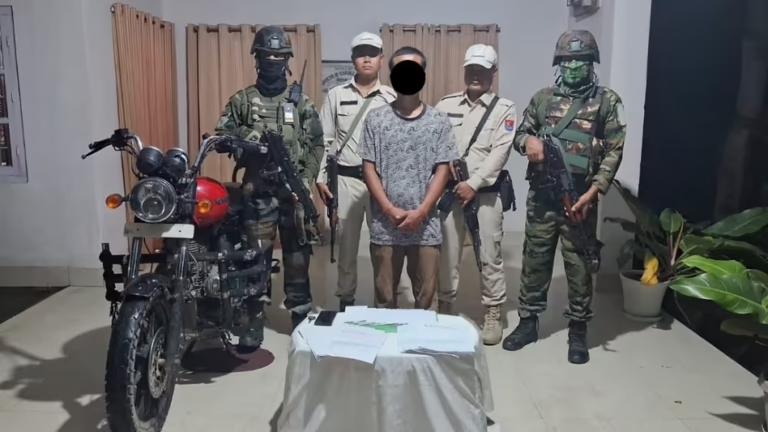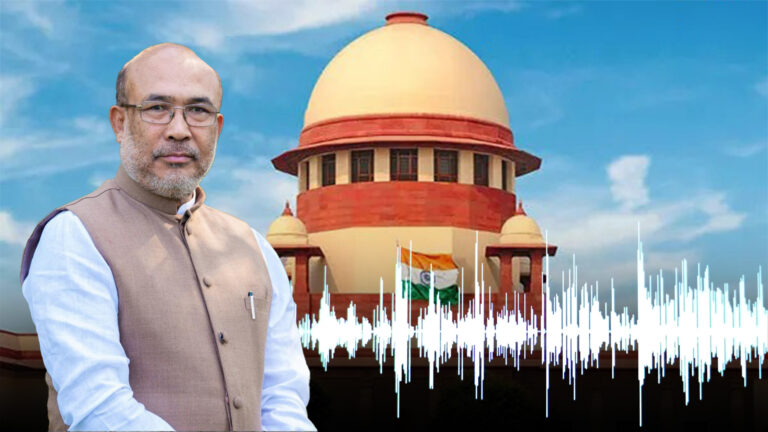The Importance of a Draft Policy for Children in Manipur: A Comprehensive Analysis
Summary
The absence of a state draft policy for children in Manipur has significantly impacted the protection of children’s rights, especially in the context of ongoing conflict and internal displacement. The Manipur Commission for Protection of Child Rights (MCPCR) has emphasized the urgent need for proper frameworks to ensure food security, education, healthcare, and emotional well-being for the thousands of children affected. Legal gaps, insufficient support structures, and the lack of dedicated resources hinder the safeguarding of children’s rights during crises.
The Long-Form Analysis
Why Is a Draft Policy Crucial for Manipur’s Children?
A draft policy for children is not just a document; it’s a lifeline. In a state like Manipur, where political turmoil has led to massive displacement and emotional trauma, children are the most vulnerable group. According to the MCPCR, around 25,000 children have been displaced due to the ongoing conflict. These children face not only the loss of their homes but also access to basic necessities like food, clean water, and education
Without a concrete policy, the state lacks clear directives to allocate resources, provide psychological support, and ensure the legal protection of these children.
The Current Challenges
1. Displacement and its Ripple Effects
The political instability in Manipur has led to a severe humanitarian crisis. Relief camps struggle to provide even the most basic amenities. Children in these camps suffer from malnutrition, lack of clean water, and inadequate healthcare. Education, a fundamental right, has taken a backseat, leaving these children with little hope for a stable future
2. Legal and Administrative Gaps
The Protection of Children from Sexual Offences (POCSO) Act, 2012, has been implemented, but its reach is limited without proper state-level guidelines. MCPCR has urged the government to establish a panel of support persons to assist children in legal cases, as mandated by Section 39 of the POCSO Act. However, the lack of state-specific guidelines and coordination hampers effective implementation
3. Psychological Trauma
The emotional scars left by conflict are long-lasting. Experts emphasize the need for psychological counseling and support for children, who are often silent victims of violence. Unfortunately, Manipur’s current infrastructure is insufficient to provide such support
The Way Forward
1. Formulating a Comprehensive Draft Policy
A state draft policy should address the following:
- Immediate provisions for displaced children, including food, healthcare, and education.
- Clear guidelines for protecting children during conflicts, including legal and psychological support.
- Frameworks to involve NGOs and civil society in child welfare activities
2. Strengthening Existing Frameworks
Existing laws like the POCSO Act need better implementation. Special juvenile police units and child welfare officers must be equipped and trained to handle sensitive cases involving children
3. Engaging Communities and Media
Awareness campaigns can play a pivotal role in protecting child rights. By educating communities and using media responsibly, the cycle of neglect and abuse can be broken.
4. Prioritizing Mental Health
Psychological counseling should be integrated into relief camp services. Partnerships with mental health professionals can help address the deep emotional wounds that children face
The Role of MCPCR and Other Agencies
The MCPCR has been vocal about the need for systemic changes. From urging the government to form child support panels to advocating for better conditions in relief camps, their role has been indispensable. However, they need stronger backing from both state and central governments to make a lasting impact
FAQs
1. What is the MCPCR?
The Manipur Commission for Protection of Child Rights (MCPCR) is a statutory body aimed at safeguarding children’s rights in Manipur.
2. Why is a draft policy for children important?
It ensures structured responses to crises, provides legal and psychological support, and allocates resources effectively for children’s welfare.
3. How many children are affected in Manipur’s current crisis?
Approximately 25,000 children have been internally displaced, facing severe hardships in relief camps.
4. What laws protect children in India?
The POCSO Act, 2012, is a key legislation designed to protect children from sexual offences and ensure their well-being during legal proceedings.
5. What steps can be taken to improve the situation?
Implementing a draft policy, enhancing legal frameworks, prioritizing mental health, and involving community stakeholders are crucial steps.




